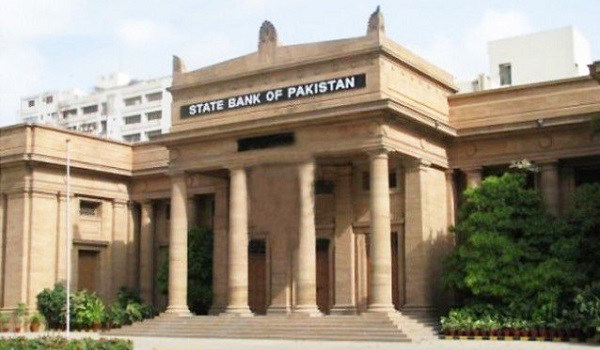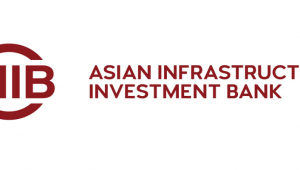DUBLIN – Ireland’s was the first euro zone economy to slip into recession this year, figures showed on Thursday, as the bursting of a property bubble ended 25 years of sustained growth in the once mighty ‘Celtic Tiger’.
Official data from the country’s Central Statistics Office showed gross domestic product (GDP) fell for the second successive quarter in the three months to end-June, the technical definition of economic recession.
The Irish data for the second quarter is late compared to others in the 15-strong euro zone, but analysts fear other countries will follow into recession as third quarter numbers seep out and turmoil in the financial sector begins to bite.
A Reuters poll earlier in September showed a 40 percent chance that the euro zone as a whole would slide into technical recession within the next 12 months. Irish GDP fell on both a quarterly and year-on-year basis, contracting 0.8 percent in the second quarter versus the same period in 2007 and dropping 0.5 percent in the three months to end-June from a fall of 0.3 percent in the first three months.
‘These figures show that to all intents and purposes the Irish economy is in recession,’ Bloxham Stockbrokers Chief Economist Alan McQuaid said.
‘Although the domestic side of the economy is contracting at a significant rate, the external side — the multinationals — is holding up quite well, but one would have to question how long that’s going to last.’
Economists pointed to the collapse of a decade-long bonanza in Ireland’s property market, coupled with a slump in construction activity and the impact of the global credit crunch as factors behind the rapid economic slowdown.
The country, which saw thousands of its citizens leave to seek work elsewhere after the last recession in 1983, has enjoyed an unprecedented boom since the late 1990s as multinationals arrived to take advantage of one of the lowest corporate tax rates in Europe.
‘One thing we know for sure is that investment spending is going to continue to act as a drag on the economy in 2009, particularly on the house building side,’ said Dermot O’Leary, chief economist at Goodbody Stockbrokers.
‘We know also that the labour market is deteriorating — so that is going to affect consumption spending. So it does not look like it is going to be a v-shaped recovery.’
Some experts have argued that, given large-scale repatriation of profits by multinationals operating in Ireland, gross national product (GNP) is a more reliable indicator of the country’s economic health.
CSO data on Thursday showed GNP dropping 3.1 percent on a quarterly basis in the three months to end-June after growing 0.8 percent in the first three months.
GDP in the three months to the end of June had been expected to contract 0.5 percent year-on-year, while GNP had been seen falling by 0.3 percent, according to a Reuters poll of economists published last month.







